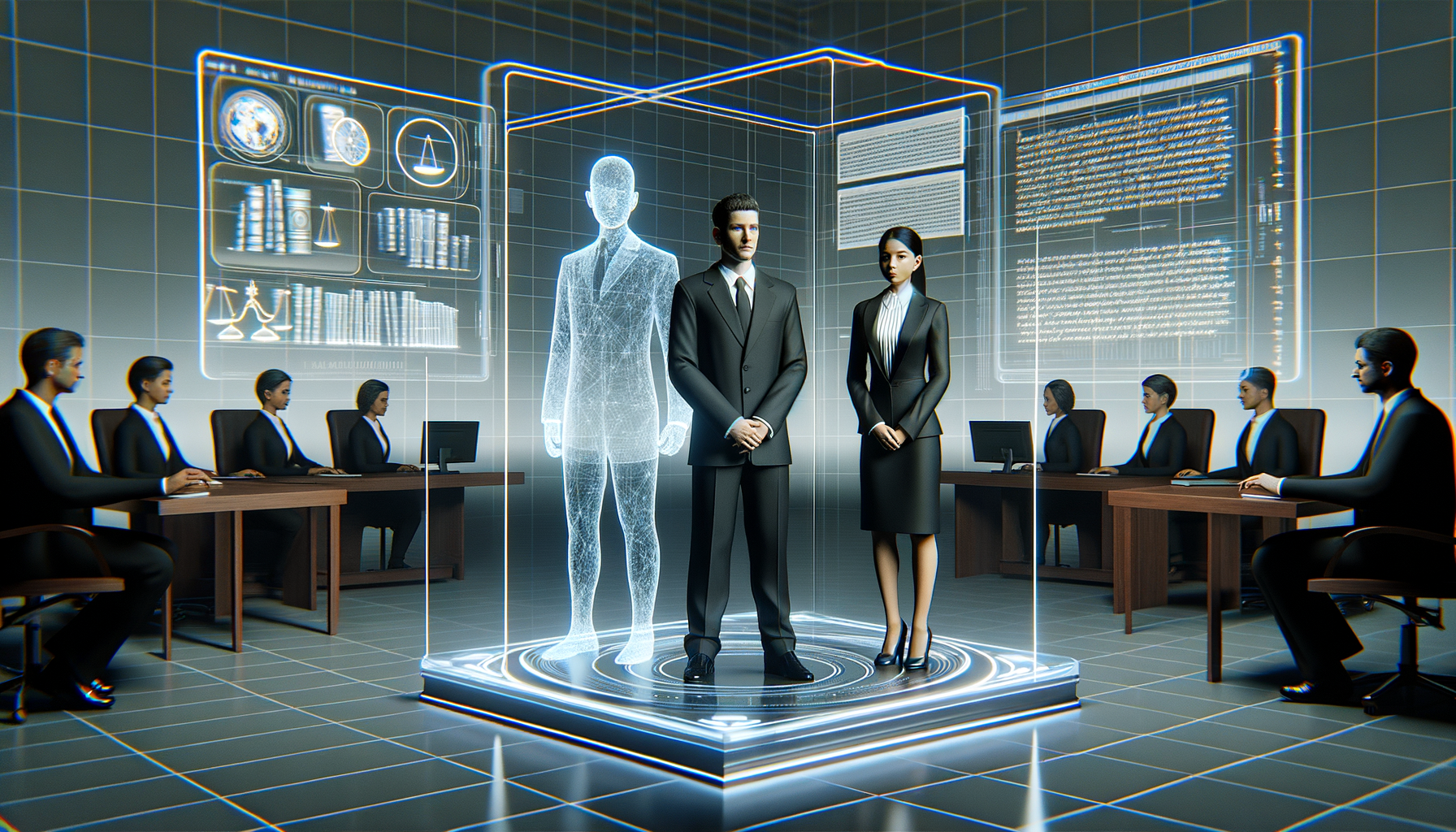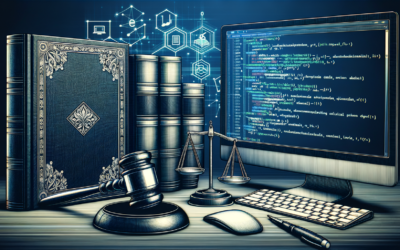Virtual Lawyers
In the ever-changing world of law, the term “virtual lawyers” is taking on vital importance. With the advent of technology and continuous innovation, the justice sector is undergoing a profound transformation, with digitization spearheading a more accessible and responsive justice system.
What are Virtual Lawyers?
Virtual lawyers are a new generation of digitized legal services. They useartificial intelligence and blockchain to offer remote legal advice and services. These tools refer to online platforms and legal bots capable of interpreting requests, drafting contracts or assisting with certain legal procedures.
Advantages of Virtual Lawyers
Their accessibility and efficiency make virtual lawyers attractive to clients and law firms alike. Smart contract technology is part of this dynamic, simplifying the secure creation and management of contracts. Lawyers and legal firms are also equipping themselves with high-performancesoftware tools to manage cases and files, and optimize their time.
Customer benefits
Customers benefit from generally lower costs and round-the-clock service. The principle of predictive justice, based on the analysis of case law data, makes it possible to anticipate the potential outcomes of a legal case and to guide the strategy to be adopted.
Benefits for lawyers
For lawyers, these technologies open up avenues towards greater specialization and the ability to handle more cases efficiently, using eDiscovery, for example, to collect and analyze digital data during a legal investigation.
Limits and ethical considerations
However, the use of these technologies raises ethical and regulatory issues. Lawyers must ensure that these tools comply with existing regulations such as the RGPD and adjust to new legal frameworks emerging with these changes, such as robot and AI law.
Technology Adoption and Integration
Despite the challenges, the integration of technology into legal practice is becoming increasingly widespread. Firms adopting systems such as legal project management and legal Big Data are tending towards improved efficiency and better allocation of their resources.
Involvement in the Future of Law
The growing use of virtual lawyers raises crucial questions about the future of the legal sector. How will the law evolve to regulate these new players? The answer seems to lie in striking a balance between innovation and respect for fundamental legal principles.
Frequently asked questions
Here is a list of frequently asked questions about virtual lawyers.
Can virtual lawyers replace human lawyers?
No, virtual lawyers are not complete substitutes for human lawyers. They serve as assistants and tools to perform specific tasks more efficiently.
Are the services offered by virtual lawyers legal?
Yes, as long as these services comply with the legal regulations in force, including confidentiality and professional ethics.
And what about data security?
Virtual lawyer platforms need to guarantee a high level of security, often using technologies such as cybersecurity and blockchain mechanisms to protect sensitive information.




